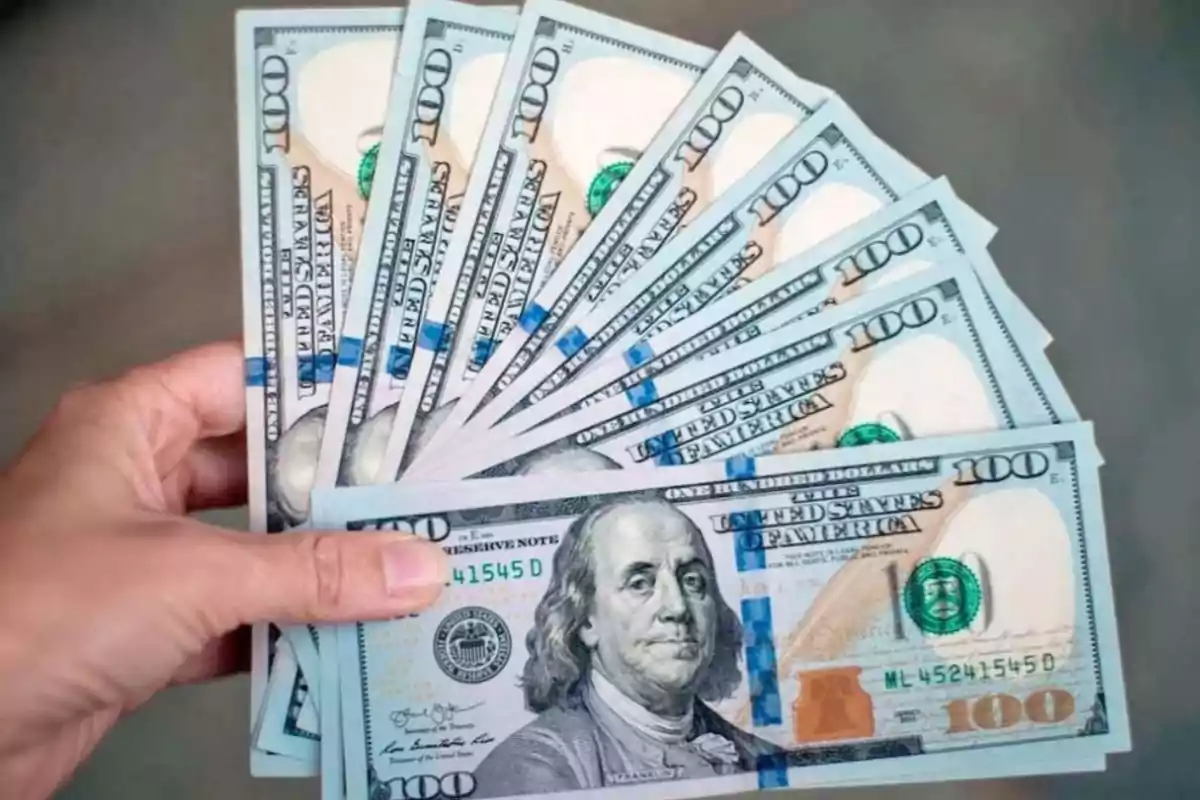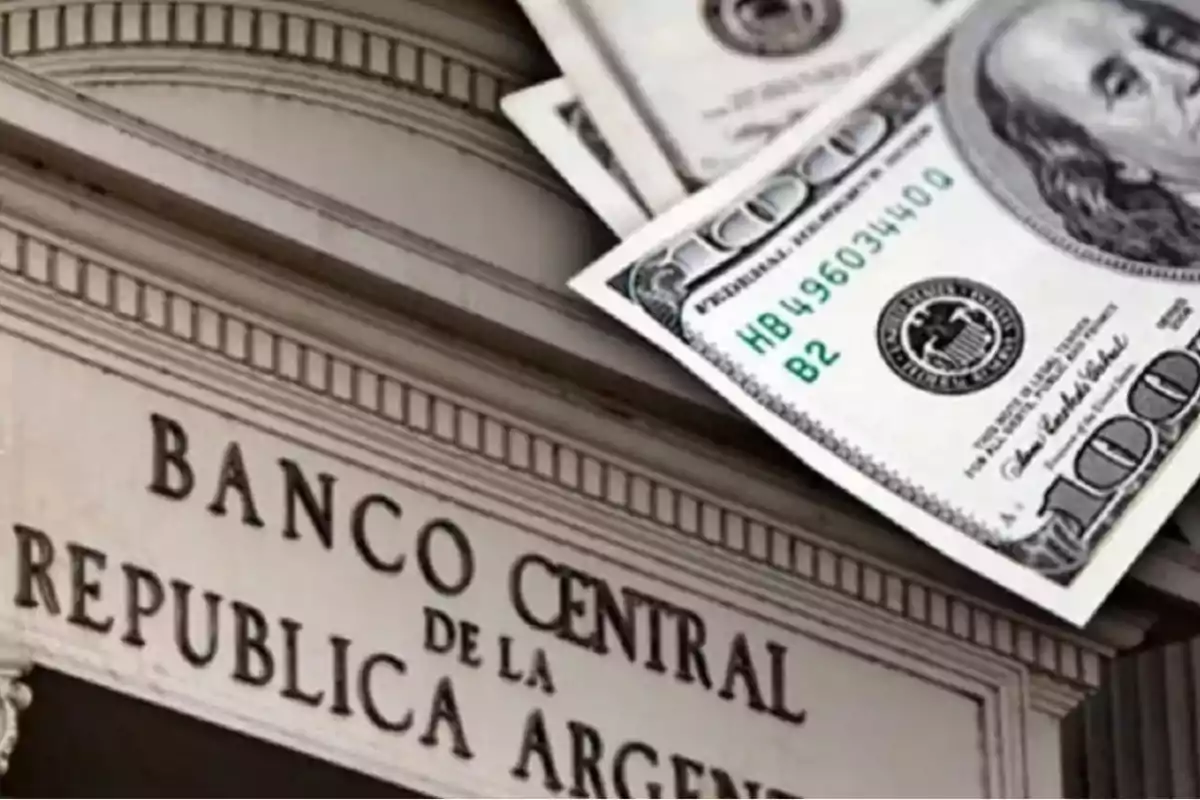
Dollar transactions skyrocket: transfers grew 357% in 2025
Meanwhile, the number of transactions between people increased by 84% in the same period
In the first four months of 2025, transfers in dollars within the financial system increased by 357% year-on-year, according to data released by Coelsa. This is the first time this disaggregated information for foreign currency operations has been published, reflecting a growing de facto dollarization of the Argentine economy.
This phenomenon is explained, in part, by the capital amnesty carried out in 2024, which incorporated more than USD 20 billion into the formal circuit. That massive inflow of hard currency significantly increased bank deposits in dollars, which now translates into a higher volume of transfers between accounts.
More payments in dollars and new regulations
Another key development was the authorization of the use of debit cards in dollars for local purchases, authorized by the Central Bank in March. Although the initial adoption was limited, it is beginning to gain ground, especially in sectors like tourism.

Meanwhile, the number of transactions between individuals increased by 84% in the same period, while the total amount transferred in all currencies grew by 20%. These data, also from Coelsa, suggest an acceleration in the operational dollarization process of the financial system.
The official plan: currency competition and fewer obstacles
The Minister of Economy, Luis Caputo, reaffirmed that there will be no formal amnesty, as a law is required for that. However, he stated that the Government is promoting a structural reform to facilitate the use of the dollars that citizens already possess, without imposing limits like the one that had been rumored of USD 100,000.
"The goal is to achieve fluidity and attract those dollars into the economic circuit without asking for explanations about their origin," he stated. In that line, the Executive is working on regulatory modifications of the BCRA and AFIP, to reduce the documentation burden required from accountants, notaries, and banks in foreign currency operations.

Meanwhile, President Javier Milei clarified that in operations like the sale of a car in dollars, taxes will continue to be paid in pesos. This aims to stimulate demand for the local currency while expanding the supply of foreign currency. At the same time, the requirements to justify the origin of the dollars or the wealth growth derived from their use will be eliminated.
The Government emphasized that the entire scheme will comply with the FATF (Financial Action Task Force) standards to prevent Argentina from being included in restrictive lists again. The Financial Information Unit (UIF) will continue to operate with its controls, although changes in the Penal Tax Law are expected to adapt to this new reality.
More posts: